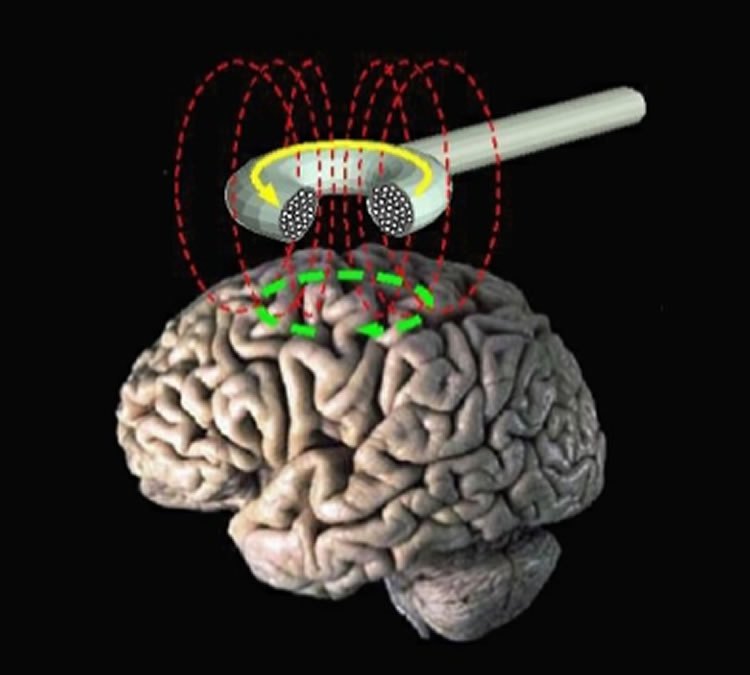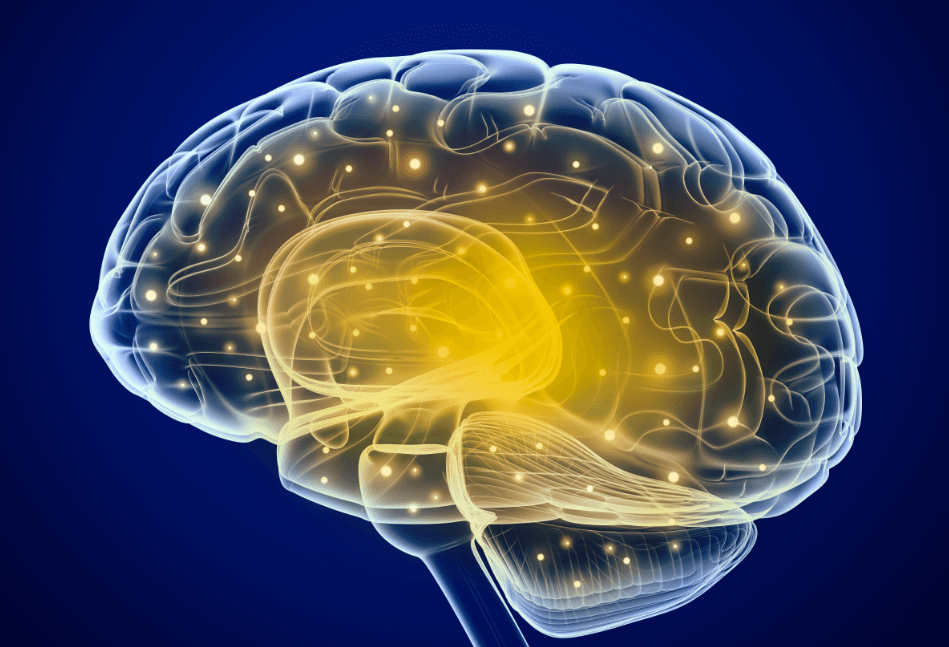A team at the University of Wisconsin-Madison has been working on a project that could mean a whole new range of treatments coming out for those suffering from illnesses like Alzheimer’s and other short-term memory problems. The study involved applying electromagnetic fields to certain areas of the brain using a technique called transcranial magnetic stimulation (TMS) in order to recover so-called lost memories, and the results were pretty promising.
Currently, the method only works on short term memories, but it’s a start. During the study, researchers gave the participants two important pieces of information to remember, such as a face and a word. They would then target the exact part of the brain that holds short-term memories of words are stored with the TMS. When the participant was then asked a question about a face, they felt more inclined to recall the word instead.

One of the researchers involved in the study, Bradley Postle, said “We think that memory is there, but not active. More than just showing us it’s there, the TMS can actually make that memory temporarily active again. What we’re taking are first steps toward looking at the mechanisms that give us control over what we think about. You can picture a point at which this work could help people control their attention, choose what they think about, and manage or overcome some very serious problems associated with a lack of control.”
With the help of this technique, Alzheimer’s and other mental health sufferers could soon be looking at a new wave of treatment that helps them to restore lost memories, even if only temporarily.
More News To Read











